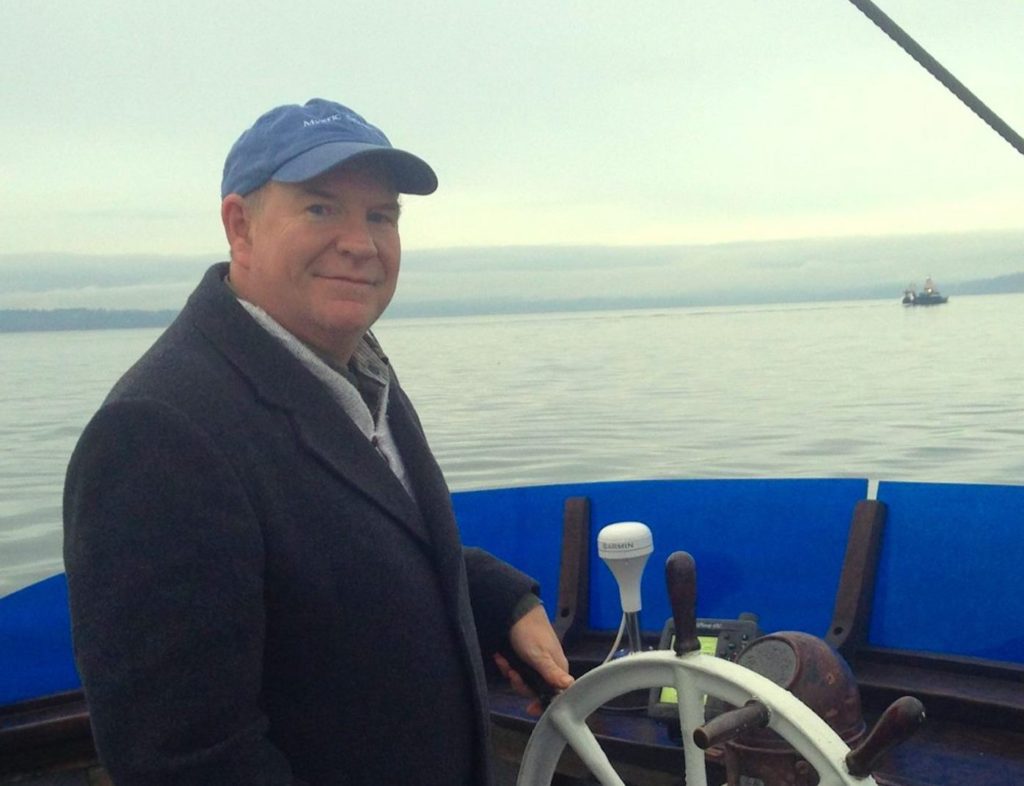
Story by Ed Berthiaume / Communications
John Odin Jensen ’87 knows his way around a shipwreck.
He survived one.
Jensen grew up in Alaska in the 1970s and early ’80s, immersed in his family’s fisheries business, an isolated and often danger-filled upbringing. Then he headed to Lawrence University in 1983, a history major determined to get an education that would allow him to explore a new way of life and leave the seafaring world behind.
Mission accomplished. Sort of.
He did find a new life, earning a bachelor’s degree at Lawrence, a master’s at East Carolina University, and a Ph.D. from Carnegie Mellon University. He’s now on the history faculty at the University of West Florida.
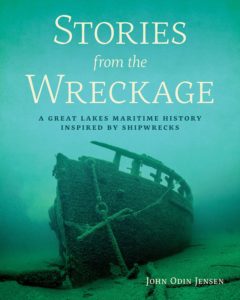
But he never did escape the sea, or more specifically, his insatiable interest in the sea. The history of North American mariners, ships, and shipwrecks would dominate his career, from working as an engineer aboard a University of Wisconsin-Milwaukee Great Lakes research vessel to surveying shipwrecks as an underwater archaeologist with the Wisconsin Historical Society.
Now he’s written a book, Stories from the Wreckage: A Great Lakes Maritime History Inspired by Shipwrecks (Wisconsin Historical Society Press). A book tour will bring him to Appleton Nov. 11, where he’ll talk about shipwrecks and Great Lakes history from 5:30 to 7:30 p.m. at the History Museum at the Castle, co-sponsored by Lawrence’s Cheney Fund for Excellence in History. He’ll also meet with Lawrence students in Monica Rico’s Intro to Public History class.
For info on studying history at Lawrence, see here.
We caught up with the Lawrence alumnus in advance of his visit to Appleton, which comes one day after the 44-year anniversary of the 1975 sinking of the SS Edmund Fitzgerald on Lake Superior, arguably the most famous Great Lakes shipwreck thanks to singer-songwriter Gordon Lightfoot and his “The Wreck of the Edmund Fitzgerald.” Jensen talked with us about his own harrowing early adventures at sea and how his academic experiences at Lawrence set the course for what was to come.
Q: You’ve been immersed in maritime history for your entire career. What inspired the book?
A: In terms of the book itself, the inspiration was obligation and gratitude. Early in my career I had the extraordinary opportunity of getting in on the pioneering years of public underwater archaeology in Wisconsin. My work with the Wisconsin Historical Society led me to pursue a Ph.D. in history, and I know it was repeatedly instrumental to my success getting academic positions in a difficult job market. I have preached the gospel of Wisconsin public maritime heritage in classes, academic conferences, heritage policy forums and through public programs across North America from Alaska and Hawaii to New England, as well as internationally.
Everywhere I went, people were surprised and amazed by the Wisconsin/Great Lakes shipwreck heritage story. I wanted the readers of this book, particularly those from Wisconsin, to be equally surprised and enthused about their history and proud of their state’s public investment in preserving it.
Q: Speaking of inspiration. Your family was involved in commercial fisheries. How did growing up in that environment affect the decision to study maritime history?
A: Well, the conceptual underpinnings of the book and nearly all of the deeper ideas and themes I have explored as a scholar are inspired by my experiences growing up on Alaska’s coastal frontier as part of a Norwegian-American seafaring family. I began working with my dad in commercial fishing at a very young age, and this became really the center of my life and identity.
We often worked ridiculous hours; vile weather was pretty routine, and economic uncertainty was the norm. Ships sank and people I knew died — not regularly — but it was not that unusual. Our community was isolated — literally the western end of the American highway systems. The quality of available health care was marginal at best and services limited. The norms of behavior among those in the fishing community were, at minimum, colorful. As a child and young man, I had no grasp of how extreme our lives really were.
I was luckier than many people, but I witnessed and I experienced many things connected with life and work in a coastal community that marked and haunted me. The study of history — not just maritime history — has provided me with endless opportunities to make sense of, and derive positive benefits from, these experiences.
Q: You are a shipwreck survivor yourself. What did that experience teach you?
A: This is a tough one. The book is a history inspired by shipwrecks. Typical shipwreck books look only at the actual wreck event and their surrounding circumstances. Although dramatic — it is pretty unsatisfying because the wreck is often only a footnote or afterward in a much richer set of human stories of imagination, innovation, and success.
Like many people from my old walk of life, I have lived the human stories and the shipwreck — but very few people that I know have had the opportunity to spend decades dissecting and learning from these experiences. I have gotten to build a truly great life and a satisfying career on the foundations of one very, very bad day at the office.
Q: Did you come to Lawrence with a maritime history career in mind?
A: Absolutely not. I came to Lawrence during the winter term of 1983 to escape my maritime history. However, I was probably accepted in the first place because of my application essay, where I described how the lessons of my shipwreck experience made me a good fit for Lawrence. I guess it was my first written shipwreck history story.
Q: How did your Lawrence experience later inform your work and your career path?
A: It was through Lawrence — particularly some amazing faculty — that I eventually learned to see broader value of my early life experiences, and I internalized a liberal arts/interdisciplinary approach to thinking and problem-solving. As a professor at the University of West Florida, I struggle consciously on a daily basis to live up to and pass on the high standards that Lawrence faculty set for academic excellence, professional integrity, and extraordinary mentoring.
Q: What advice would you give to today’s students interested in history?
A: Now more than ever, the country and the world need people who can think historically and who are historically literate. The person who understands history has real advantages in coping with and finding opportunities in a world of perpetual change. I am biased, but an imaginative and hardworking student who completes a history major at Lawrence University will never lack for meaningful opportunities in the workforce and to make a difference in the world.
Ed Berthiaume is director of public information at Lawrence University. Email: ed.c.berthiaume@lawrence.edu

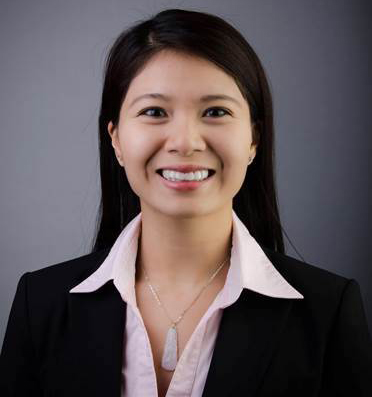
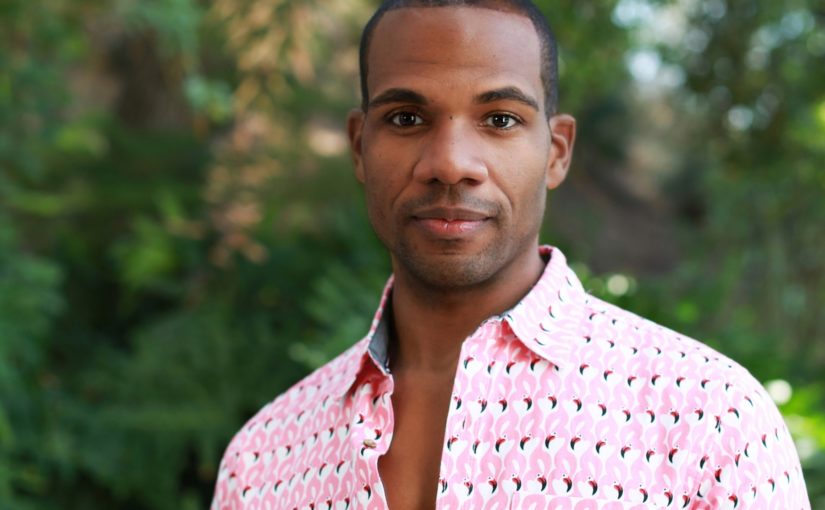
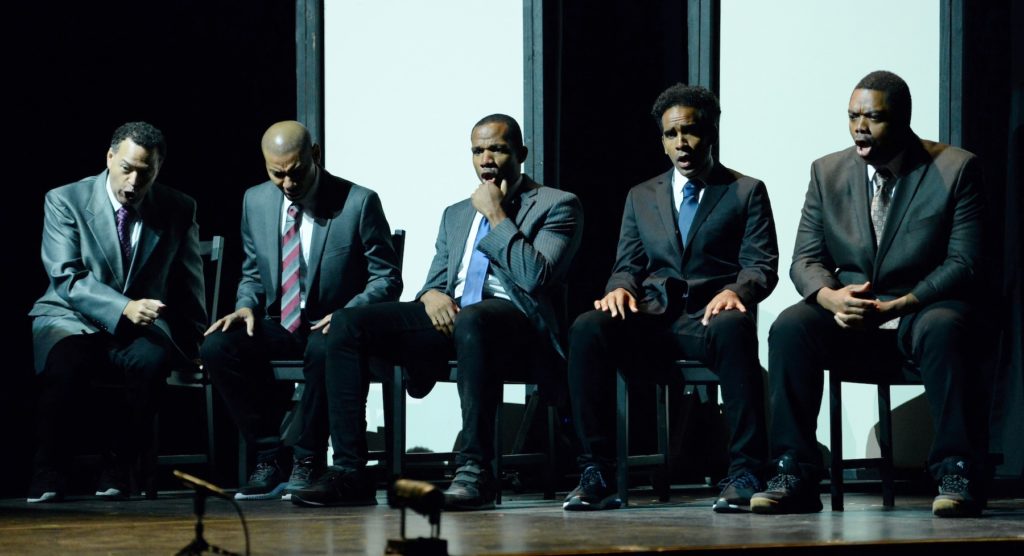
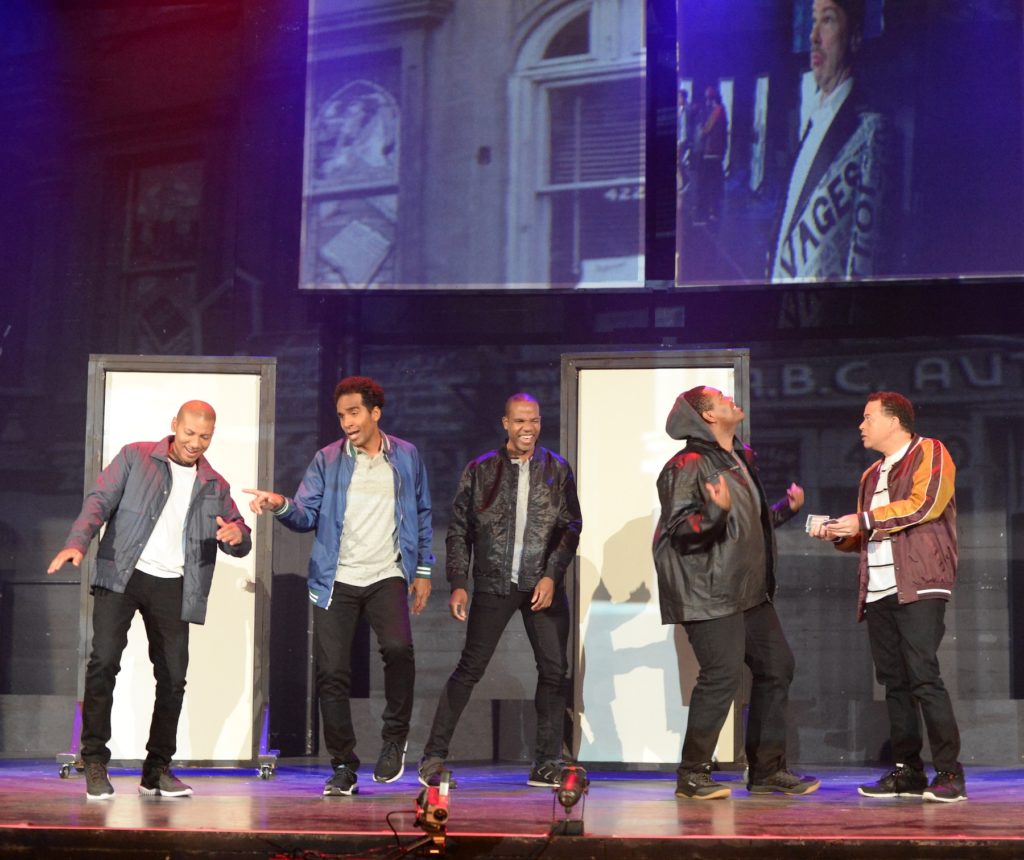
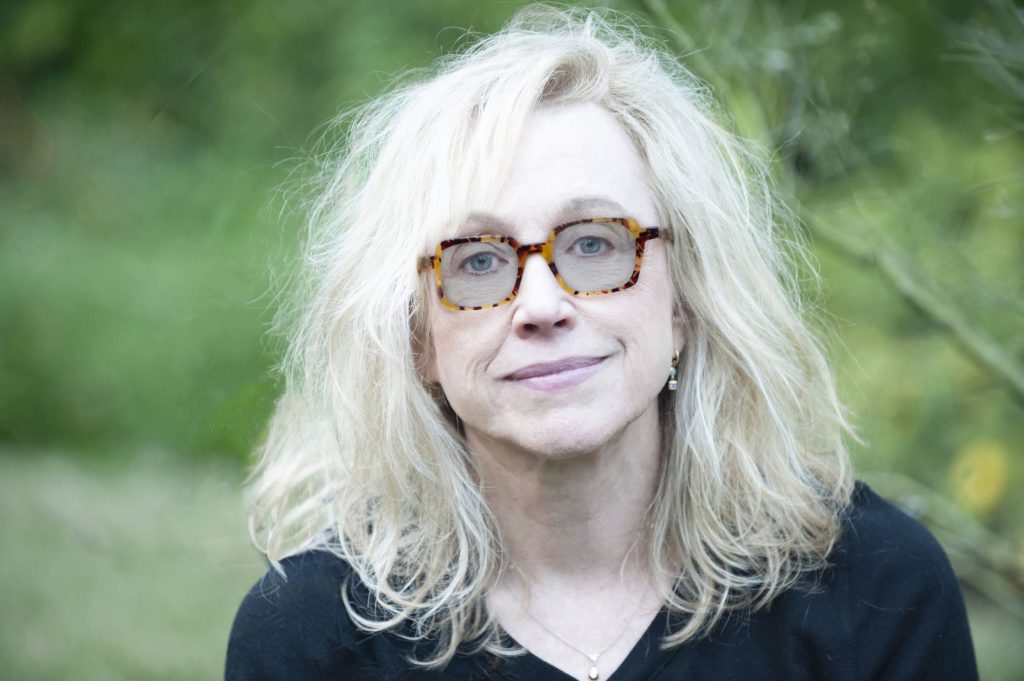
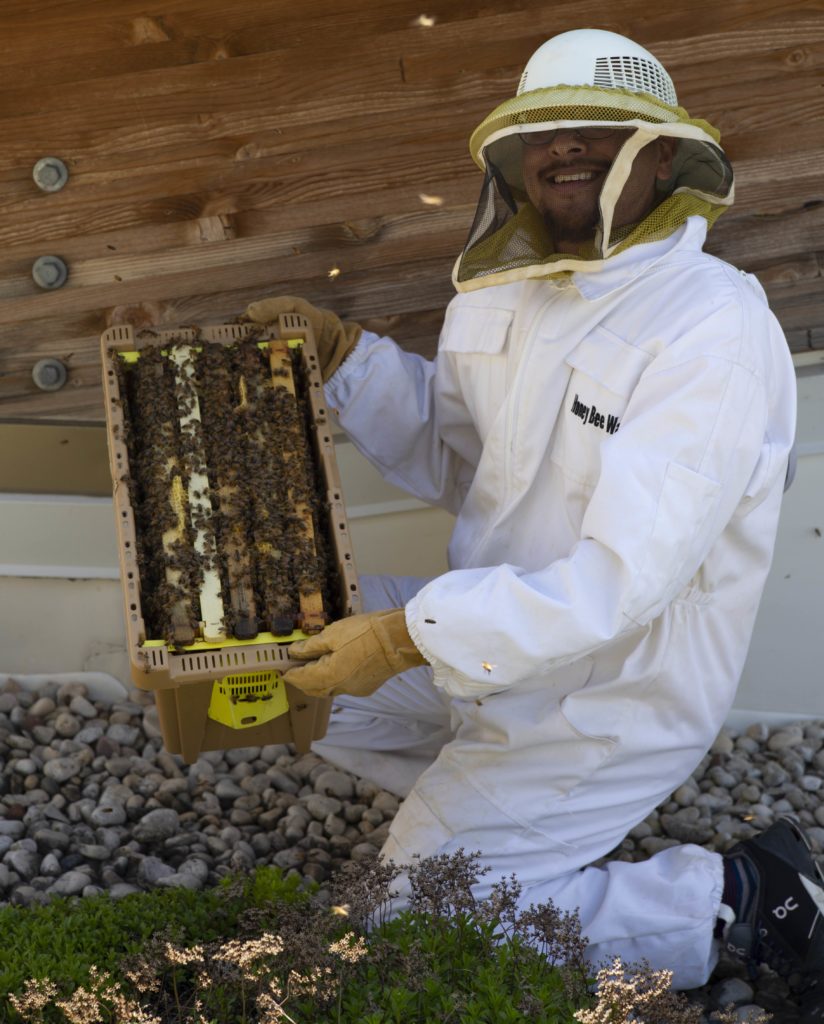
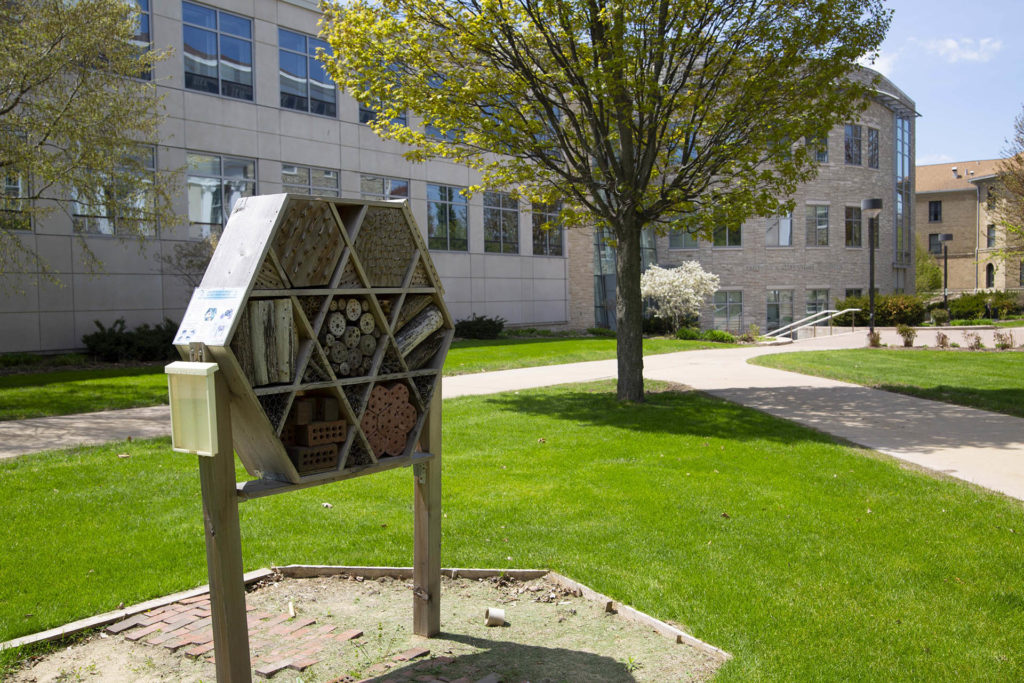
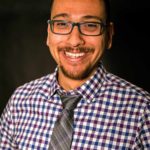
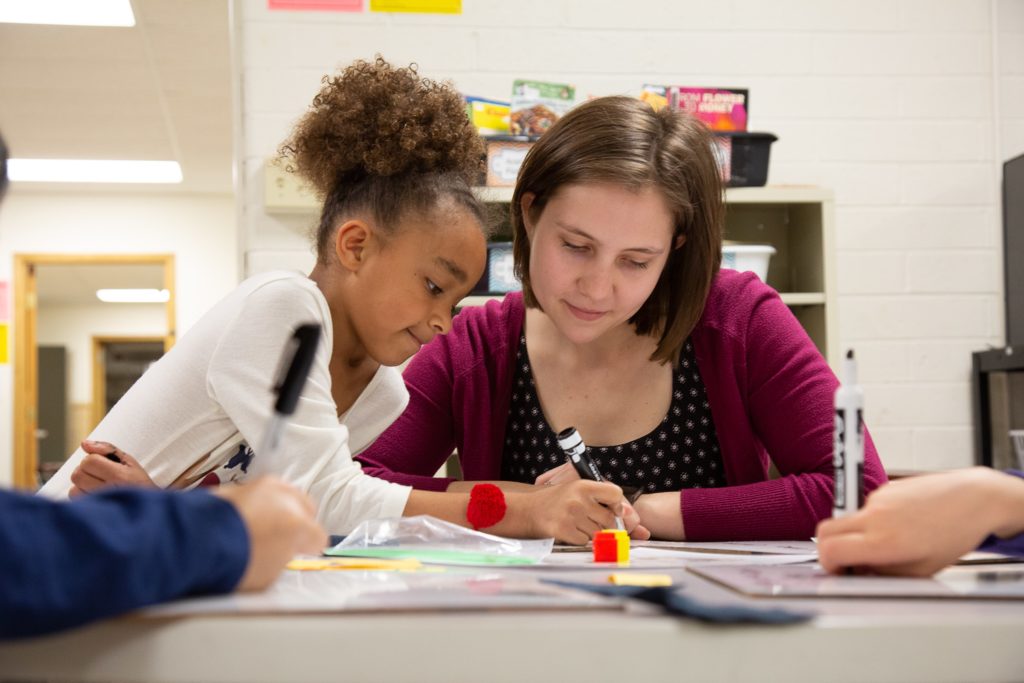
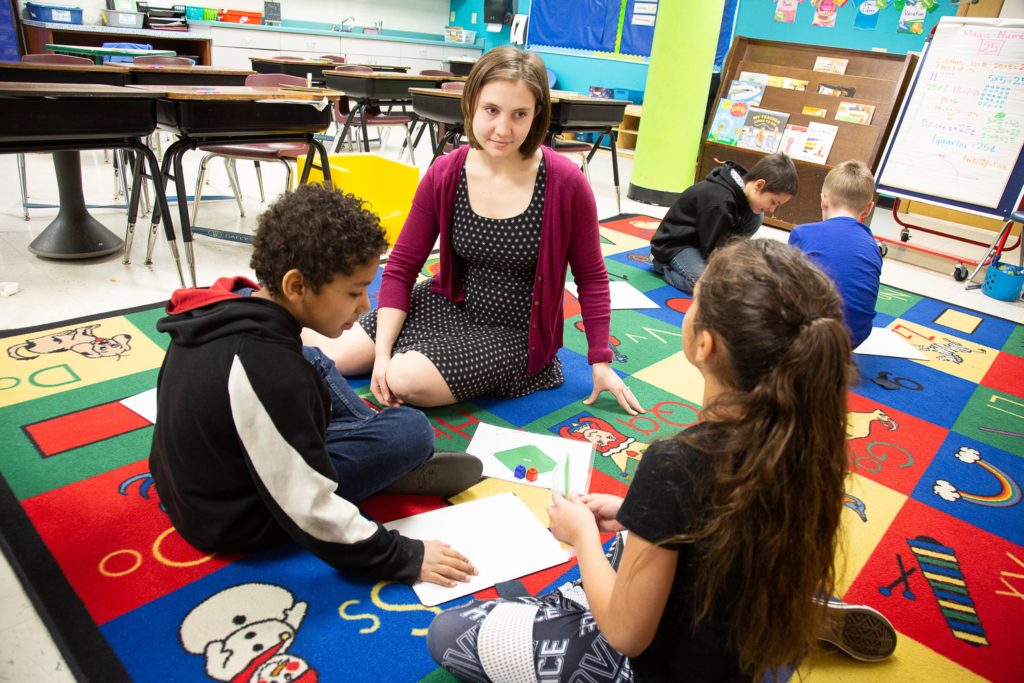
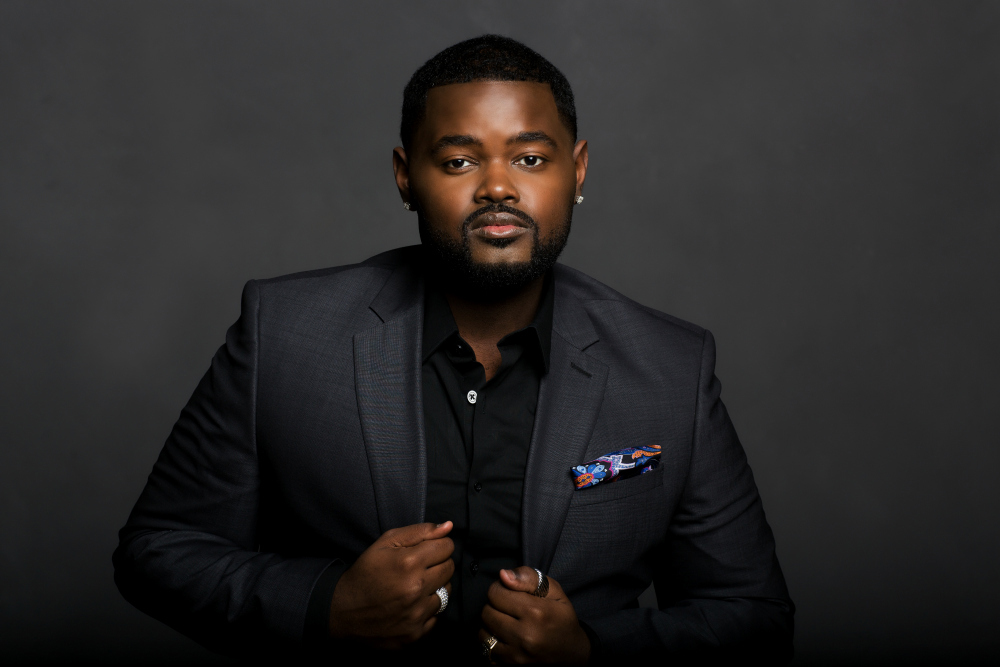
Recent Comments